Does Vitamin B12 Deficiency Cause Hair Loss? Know The Facts
Find out if this vitamin deficiency really does spell trouble for your tresses.
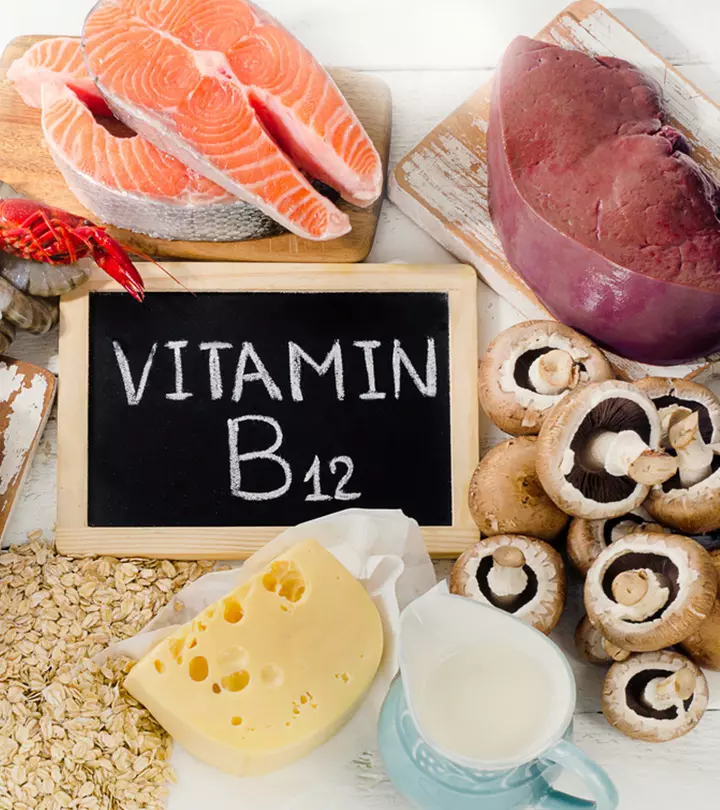
Everyone knows that stress and hormonal imbalances lead to hair loss. But, unfortunately, what is often overlooked is that vitamin B12 deficiency may cause hair loss as well. A low vitamin B12 level is the primary cause of premature graying and hair loss.
It is important to identify vitamin B12 deficiencies promptly to decrease the risk of hair loss in the long run. Let’s understand how exactly vitamin B12 deficiency is related to hair loss and how you can revitalize your hair. Read on.
In This Article
Vitamin B12 Deficiency And Hair Loss: Is There A Link?
Yes. Your hair reflects your health, and when you have nutritional deficiencies, it may impact hair growth and structure.
Let us try and understand the exact mechanism of action by which a vitamin B12 deficiency impacts hair growth:
- Your hair needs nourishing oxygen and nutrients. The hair follicles are supplied with essential oxygen and nutrients through the red blood cells.
- Vitamin B12, which belongs to a family of cobalamin compounds, plays a vital role in the production of red blood cells (1).
- When you don’t get enough vitamin B12, your body cannot produce enough healthy red blood cells (2). Sometimes, the red blood cells may even die sooner than normal.
- Without enough red blood cells, the cells in your hair follicles starve. This may make your tresses more prone to shedding, breakage, and slow growth.
But, did you know that sometimes you may be eating enough nutrients and still have a B12 deficiency? This is because some people, especially older adults, may suffer from a condition called pernicious anemia that causes malabsorption of vitamin B12 (3).
Malabsorption is prevalent in people with reduced levels of stomach acidity or intestinal disorders. The body may have trouble absorbing vitamin B12 from food and, in some cases, oral supplements. However, pernicious anemia can be medically managed (3).
But how can you determine if your hair loss is from a B12 deficiency? Pay attention to the following signs to know if you have low levels of vitamin B12.
Recognizing Signs And Symptoms Of Vitamin B12 Deficiency
According to the National Health Service (NHS), UK, a vitamin B12 deficiency can cause a wide range of symptoms (4). They develop gradually over time and may include:
- Hair loss
- Premature hair graying
- Mouth ulcers
- Breathlessness
- Pale yellow skin
- Disturbed vision
- Numbness, tingling, or pricking in the hands, feet, or legs
- Difficulty walking and moving around
- Irritability
- Depression
- Poor memory and low cognition
Miriam Diaz-Gilbert, a blogger, had a debilitating encounter with vitamin B12 deficiency. Initially experiencing painful twitching in her fingers and hands, it escalated to spasms in her legs and toes. She shared in her blog, “My right toe became numb. I’d wake up screaming in the middle of the night to sudden excruciating spasms in my right calf and painful curling of my right toe (i).”
Exhibiting any or all of these symptoms may indicate low vitamin B12 levels. But to be certain, consult a doctor or trichologist to examine whether your hair loss is caused by a vitamin B12 deficiency.
 Did You Know?
Did You Know?The treatments that can help you manage hair loss from a B12 deficiency have been discussed in more detail below. Bear in mind that early diagnosis and treatment always lead to the best outcomes.
Treating Vitamin B12 Deficiency For Hair Loss
The good thing about hair loss caused by a B12 deficiency is that it is easily treatable. Your doctor will choose the type of treatment based on the underlying cause and severity of your deficiency.
Let us look at some treatment options for vitamin B12 deficiency in more detail below:
With aisles of products that promise to improve your hair, it is easy to forget that your hair can greatly benefit from just eating healthy.
By including more foods fortified with vitamin B12 in your diet, you can ensure that your hair gets the essential nutrients it requires. The primary food sources of vitamin B12 include meat, poultry, fish, eggs, and dairy (6), (7). Consuming these food sources of B12 can naturally rectify problems such as hair loss, breakage, and dryness.
You can add the following food sources of vitamin B12 to your diet to combat hair loss:
- Eggs
- Clams
- Chicken
- Cured or roasted ham
- Milk
- Fortified breakfast cereals
- Swiss cheese
- Haddock
- Beef
- Light canned tuna fish
- Rainbow trout
- Yogurt
- Liver
- Salmon
- Certain types of nutritional yeasts
Check the nutrition facts label of various foods to find out their vitamin B12 content. Any foods that provide 20% or more of the daily recommended value are considered good sources of this vitamin. However, lower percentages may also prove to be useful.
 Trivia
TriviaYour doctor may be able to suggest the necessary dietary changes for you. If you are a vegetarian or vegan, seek a registered dietician to help you make the best choices for your diet.
2. Supplements
Apart from natural sources of vitamin B12, your doctor may also recommend dietary supplements. You may need to take supplements if your hair loss is severe, you follow a strict vegan or vegetarian diet, or you are over the age of 50.
Almost all multivitamins contain vitamin B12. However, some specific dietary supplements contain only vitamin B12 as well.
When taking supplements, it is recommended that you take them in their natural form (methylcobalamin). Synthetic forms of vitamin B12, such as cyanocobalamin, can impair kidney function (8).
Before taking any dietary supplements, talk to your doctor about possible interactions with other prescription medicines. There may be a risk of side effects with some supplements. Plus, some drug interactions may reduce the effectiveness of the vitamin B12 supplement.
3. Vitamin B12 Injections
Vitamin B12 injections are typically recommended for people with pernicious anemia or significant B12 deficiency. The injections can help raise vitamin B12 levels in the blood quickly.
The common prescription medications administered through intramuscular injections include cyanocobalamin or hydroxocobalamin.
Cyanocobalamin and hydroxocobalamin are both manufactured forms of vitamin B12. However, hydroxocobalamin is sometimes preferred over cyanocobalamin as it usually stays in the body for longer (9).
Sadly, most patients with pernicious anemia may have to remain on B12 shots for life. These injections are, however, found to be safe and carry no significant risks.
A cross-sectional survey comprising 390 Swiss general practitioners (GPs) explored their approach on vitamin B12 testing and prescribing. It revealed significant variation among GPs in testing strategies. 89.5% use serum cobalamin tests, 71.3% use holotranscobalamin, and 27.6% use homocysteine or methylmalonic acid. Most of them (87.5%) prescribed intramuscular injections.
Read on to find out more about how hair loss caused by vitamin B12 deficiency can be reversed.
How To Reverse Hair Loss Caused By Vitamin B12 Deficiency
As discussed earlier, eating foods fortified with vitamin B12 or taking multivitamins and B12 supplements can rectify deficiencies and prevent hair loss or hair thinning.
Apart from this, you can also try Ayurvedic hair loss treatments such as Shirodhara, Shiro Abhyanga, or Shiro Lepa to treat your problem.
Shirodhara is a hot oil treatment, whereas Shiro Abhyanga involves massaging your hair with cold oil. Shiro Lepa, on the other hand, uses a paste of various medicinal herbs to nourish hair and treat hair loss.
Anecdotal evidence suggests that massaging your hair with these oils can benefit the hair and scalp. It is said that these treatments can increase blood circulation, strengthen and protect the hair shaft, and even boost hair growth. However, more clinical trials and studies are needed to support these claims.
Before you start taking any supplements, it is a good idea to check the recommended dosage. Find out the right amount of vitamin B12 for hair growth in the following section.
How Much Vitamin B12 Is Optimal For Your Health? What Is The Recommended Dosage?
In general, the recommended daily amount of vitamin B12 for adults is 2.4 micrograms (5). There is no risk of overdosing, though. Since vitamin B12 is water-soluble, any excess will be flushed out through urine. So, if you have taken more than the recommended dosage, you have no reason to worry. However, it is best to take the supplements as per your doctor’s instructions to avoid any chances of complications.
Vitamin B12 deficiency causes hair loss and premature graying. Though often overlooked, it is one of the primary reasons for hair loss. Vitamin B12 deficiency develops gradually. If you think your hair loss is due to this deficiency, look for symptoms like mouth ulcers, pale yellow skin, breathlessness, irritability, numbness, and disturbed vision. Vitamin B12-rich foods, supplements, and injections can help combat this deficiency. Early treatment will help restore your hair health. However, always consult a doctor to determine the exact reason for hair loss and before taking any supplements.
Frequently Asked Questions
How long should I take B12 for hair loss?
Anecdotal evidence suggests that your hair may stop shedding after two months of vitamin B12 intake. However, there is limited data available to prove these claims.
Does B12 help thicken hair?
Yes. Vitamin B12 helps make your hair follicles stronger and healthier. This, in turn, results in firmer, thicker hair strands and hair growth, highlighting some of the key benefits of vitamin B12. Here, knowing about other benefits of vitamin B12, such as the prevention of congenital disabilities and a boost in skin health, can strengthen your desire to take this crucial vitamin in your daily routine.
Key Takeaways
- Vitamin B-12 plays an important role in producing red blood cells that provide essential nutrients to the hair follicles.
- Hair loss, premature hair graying, breathlessness, mouth ulcers, numbness, and difficulty moving are some symptoms of B-12 deficiency.
- Adding vitamin B-12 rich foods to your diet and taking dietary supplements and vitamin B-12 injections can help treat the deficiency.
Vitamin B12 plays a crucial role in promoting healthy hair. A deficiency in this essential vitamin can lead to hair problems, including hair thinning and loss. Watch this video to see why incorporating vitamin B12 into your daily routine is essential. Click here!
Personal Experience: Source
StyleCraze's articles are interwoven with authentic personal narratives that provide depth and resonance to our content. Below are the sources of the personal accounts referenced in this article.
(i) Living and Running with Painful B12 Deficiencyhttps://ultramiriam.medium.com/living-and-running-with-painful-b12-deficiency-e478f42fa0e0
References
Articles on StyleCraze are backed by verified information from peer-reviewed and academic research papers, reputed organizations, research institutions, and medical associations to ensure accuracy and relevance. Read our editorial policy to learn more.
- The Role of Vitamins and Minerals in Hair Loss: A Review
https://www.ncbi.nlm.nih.gov/pmc/articles/PMC6380979/ - Vitamin B12 Deficiency
https://www.ncbi.nlm.nih.gov/books/NBK441923/ - Pernicious Anemia
https://www.ncbi.nlm.nih.gov/books/NBK540989/ - Vitamin B12 or folate deficiency symptoms
https://www.nhs.uk/conditions/vitamin-b12-or-folate-deficiency-anaemia/symptoms/ - Vitamin B12 Fact Sheets For Consumers
https://ods.od.nih.gov/pdf/factsheets/VitaminB12-Consumer.pdf - Vitamin B12 Intake From Animal Foods Biomarkers and Health Aspects
https://www.ncbi.nlm.nih.gov/pmc/articles/PMC6611390/ - Vitamin B-12
https://www.ncbi.nlm.nih.gov/pmc/articles/PMC3262614/ - The association between vitamin B12 albuminuria and reduced kidney function: an observational cohort study
https://www.ncbi.nlm.nih.gov/pmc/articles/PMC4361211/ - How I treat cobalamin (vitamin B12) deficiency
https://www.ncbi.nlm.nih.gov/pmc/articles/PMC2532799/
Read full bio of Dr. Shruti Chavan
Read full bio of Anjali Sayee
Read full bio of Monomita Chakraborty





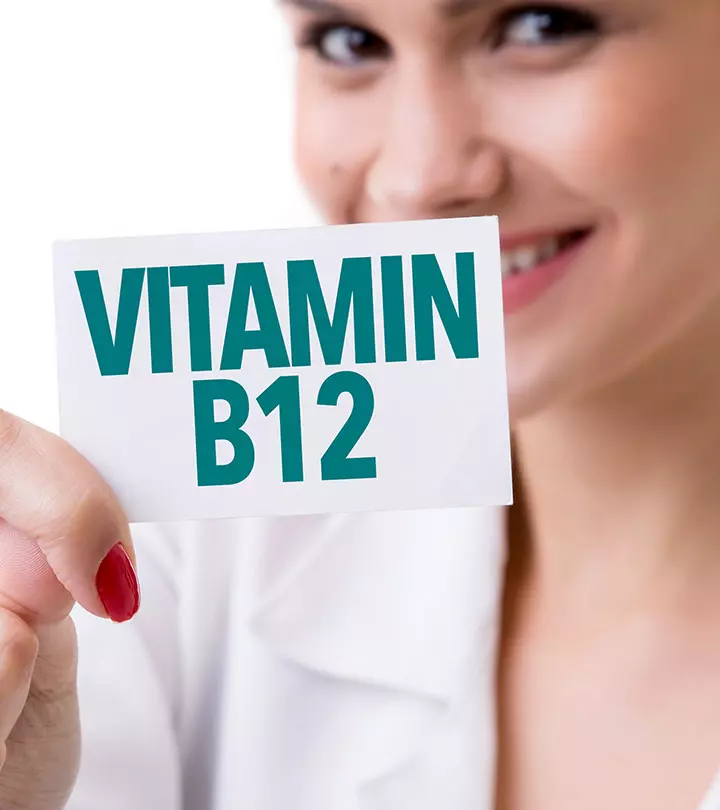
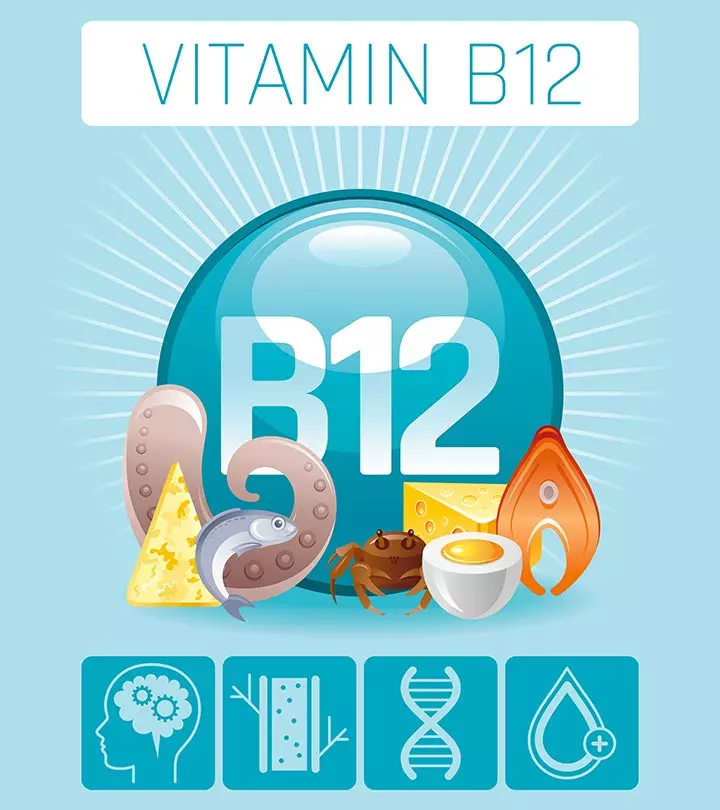
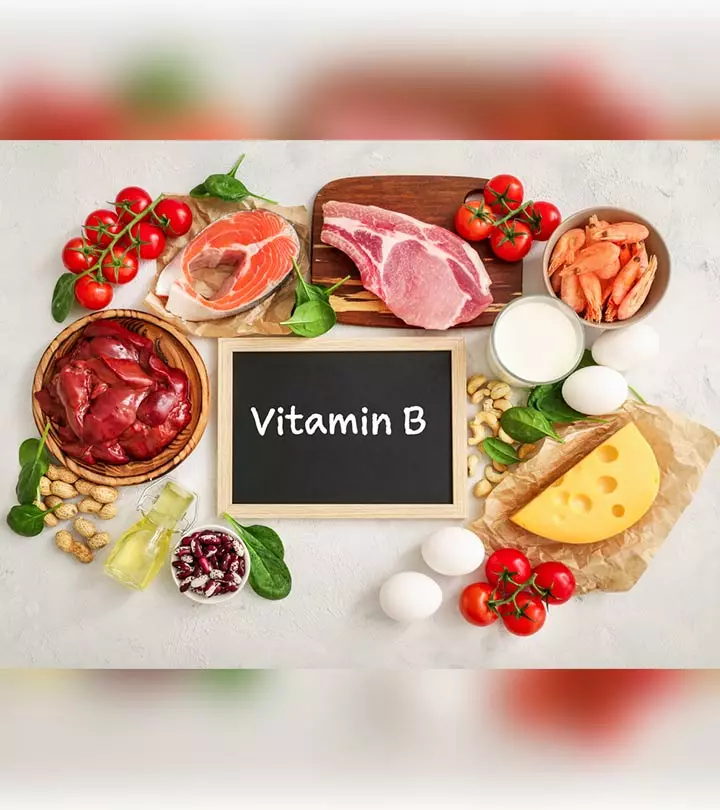
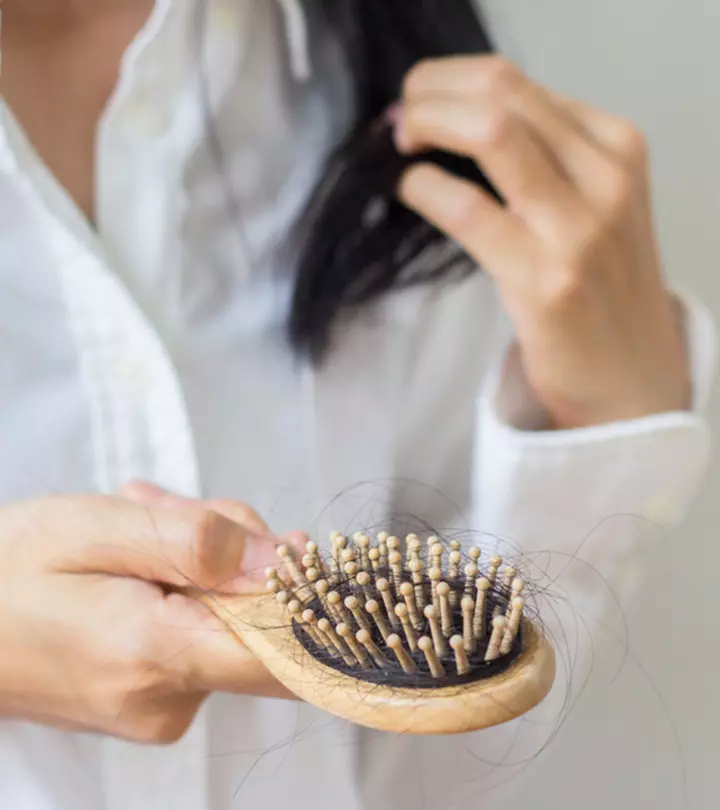


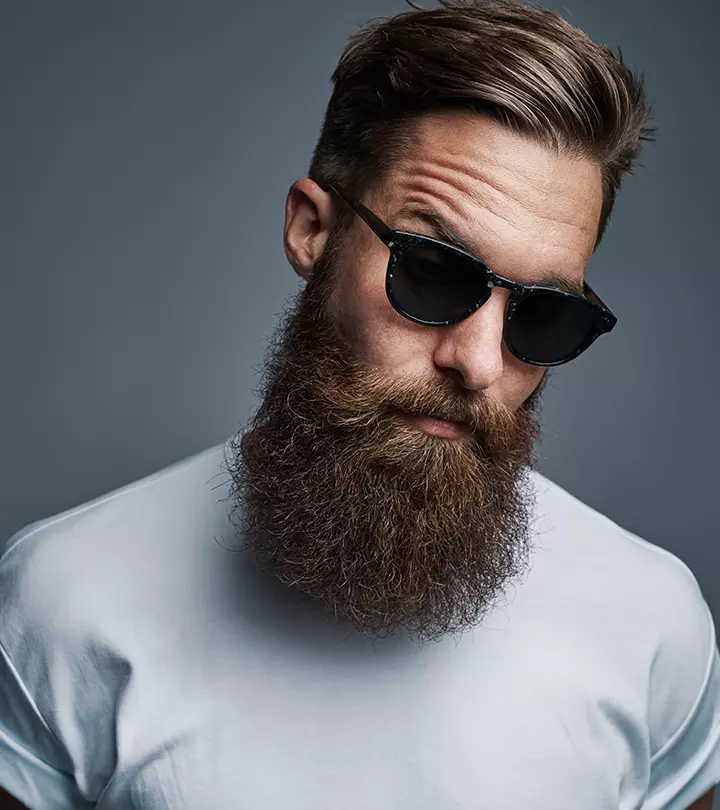
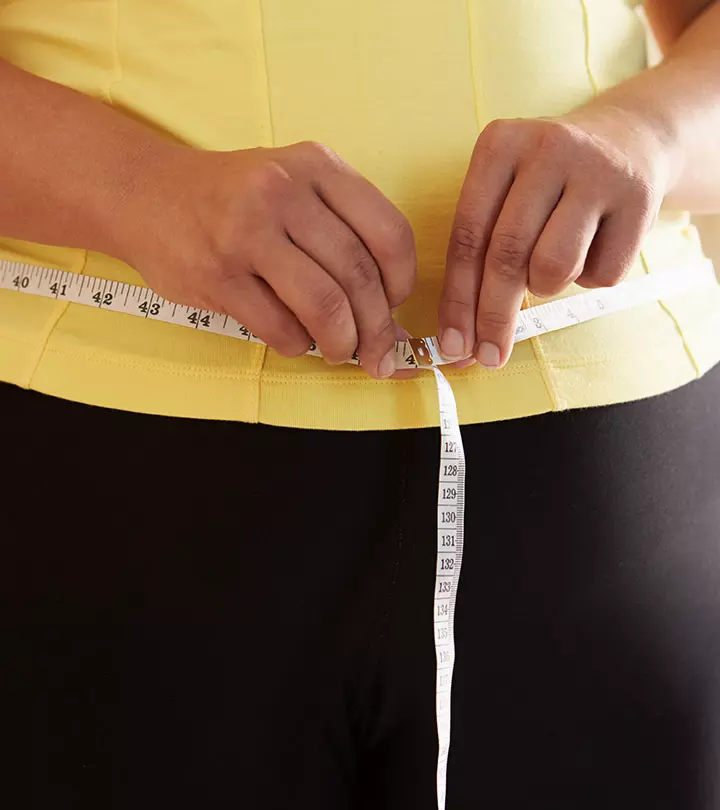
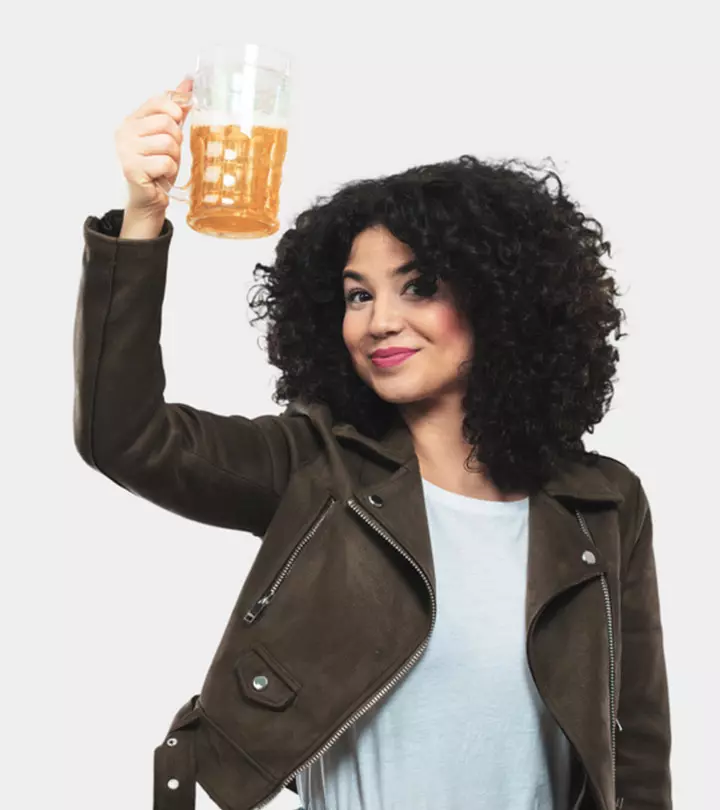

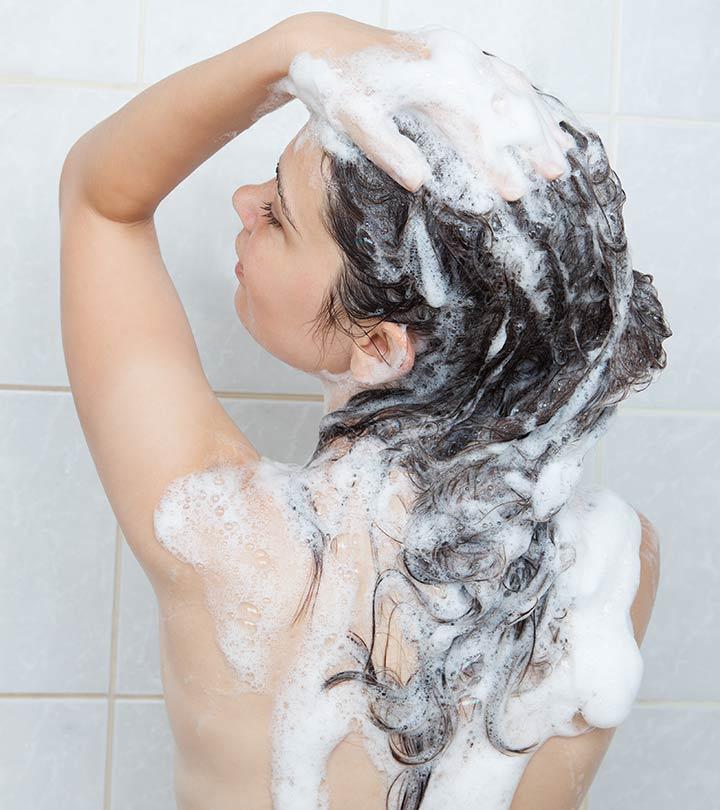
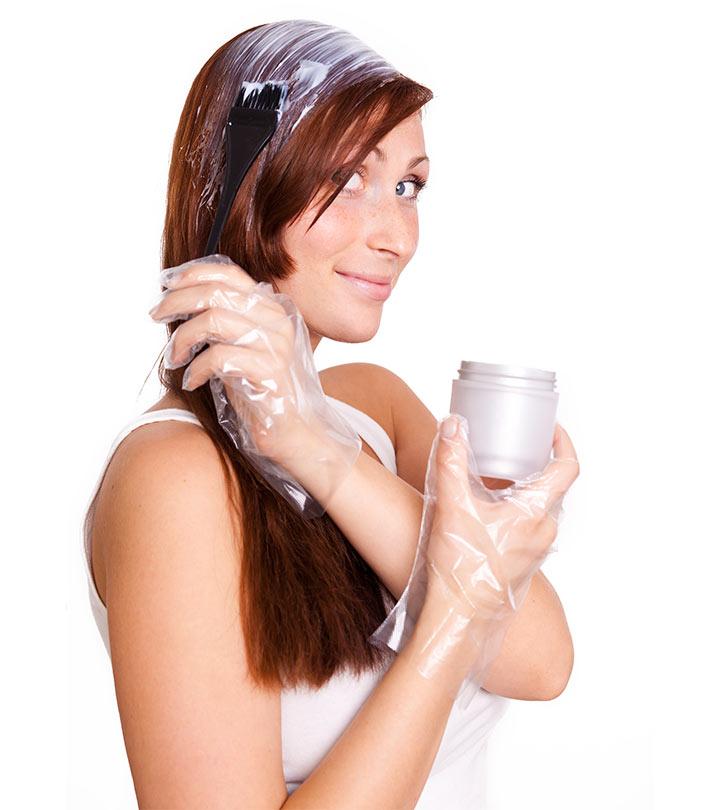

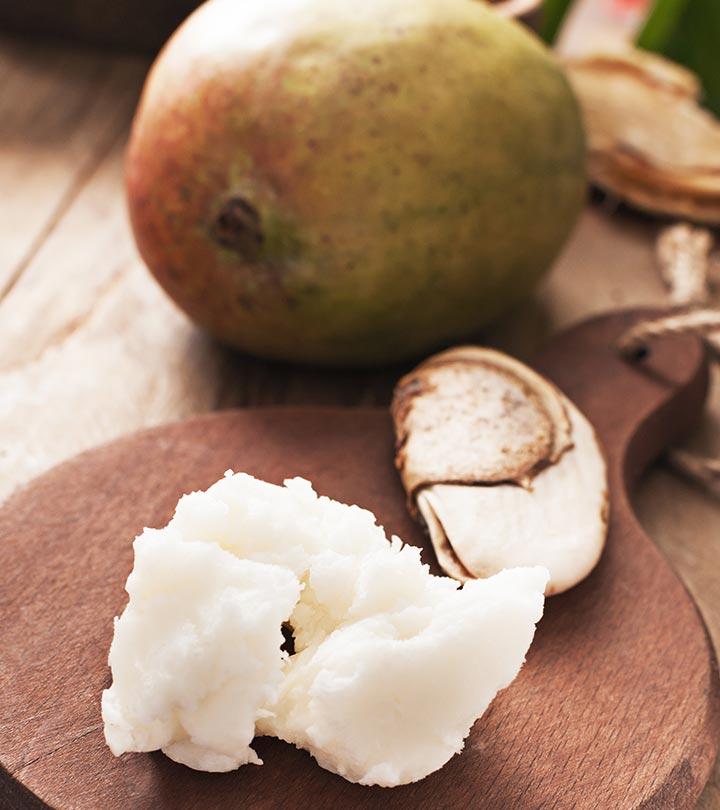
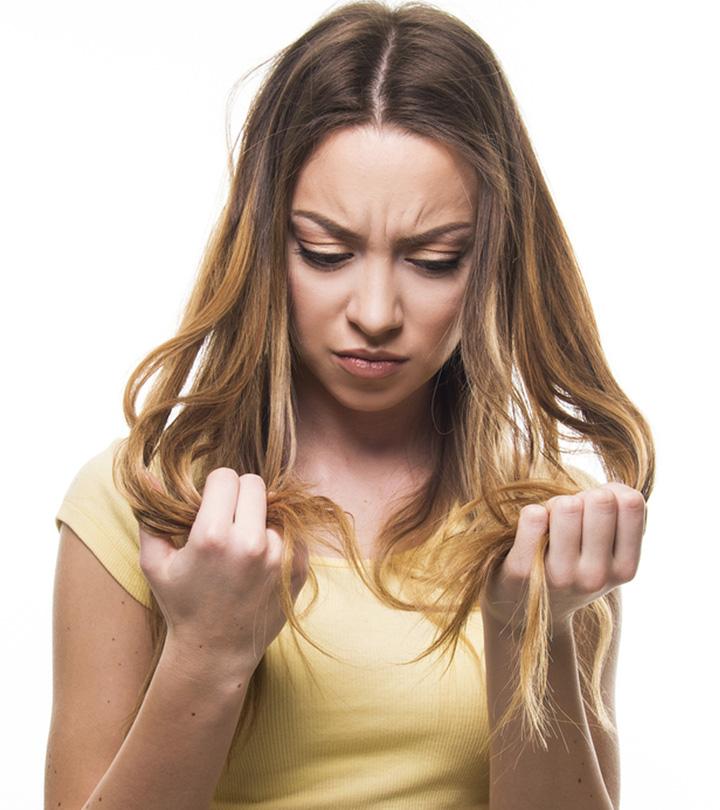
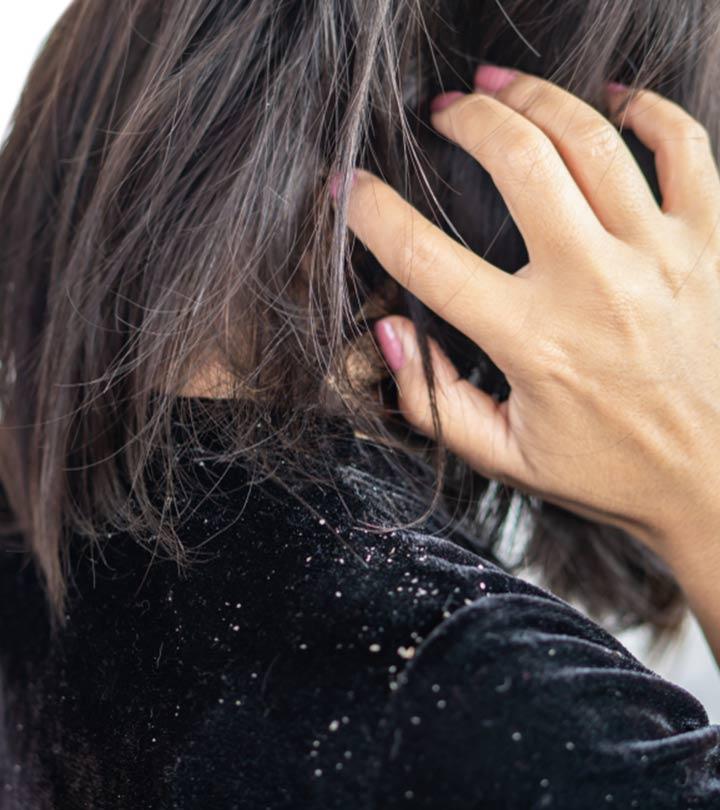

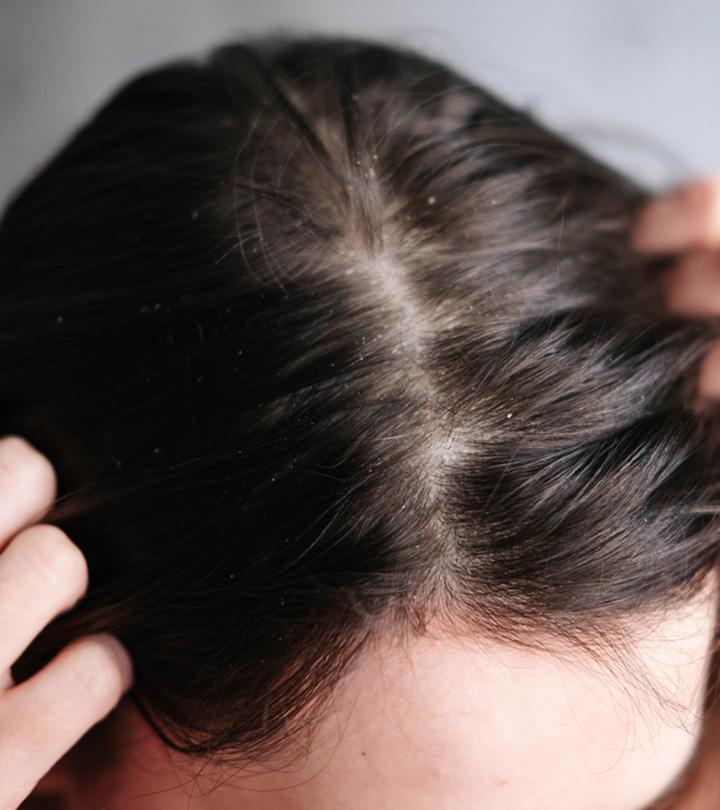



Community Experiences
Join the conversation and become a part of our empowering community! Share your stories, experiences, and insights to connect with other beauty, lifestyle, and health enthusiasts.